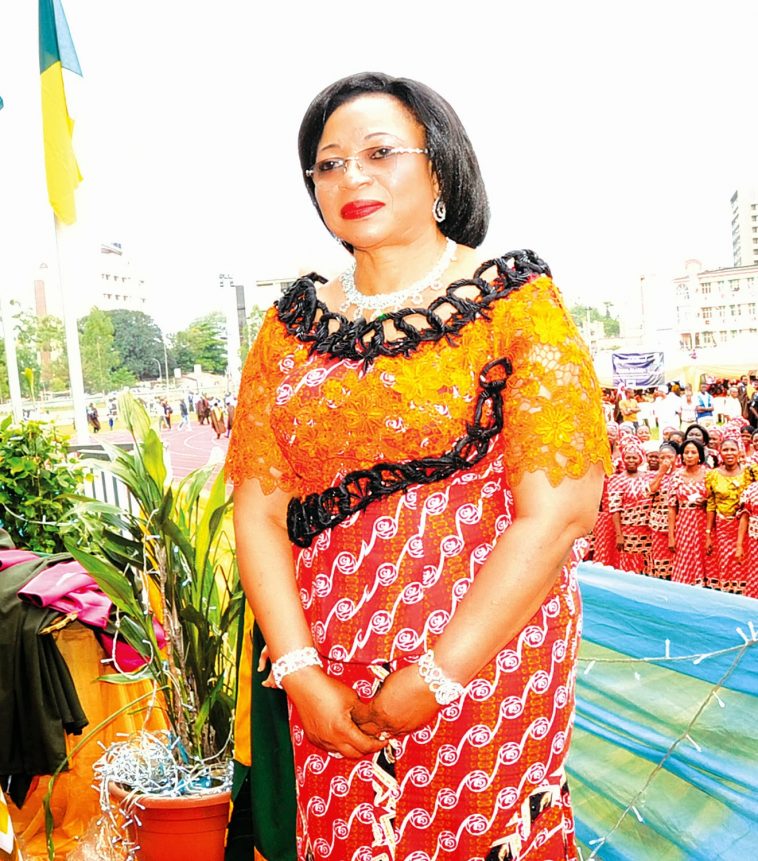African female entrepreneurs face numerous challenges. Here are some of the problems they encounter
Social Beliefs
Cultural norms in Africa differ from one society to another. In many communities in the continent, female gender is sidelined in various fields. The strict cultural beliefs rob women their entrepreneurship opportunities. The role of women is to cook in the kitchen and raising the children. The male entrepreneurs do believe that women can make good mothers. The African ladies are either successful mothers or entrepreneurs but not both. This notion kills the female entrepreneurship spirit in many societies in the continent. Ibukun Awosika and Folorunsho Alakija had proven the ideology wrong. These women were successful both in business world and in raising their families.
Limited Support
Entrepreneurship venture requires an individual to have strong mentors. These people will offer guidance, support and decision making during hard times. Unlike in male, women entrepreneurs have limited access to mentors. However, the situation is changing since many organizations now spire female entrepreneurs in Africa. Women need to be open-minded, determined and pay deaf ears to cultural norms.
Competition from Male Counterparts
In Africa, male dominance makes women fear to enter into the business world. This syndrome threatens female entrepreneurs in many regions across the continent. For instance, female enterprises lose their customers to the male businesses. Rosemary Egbo noted that poor entrepreneurship ecosystem in Africa intimidates many women. They only need more credit and time to enable them to catch up with their male competitors.
Inadequate Funding
Rosemary Egbo faced hard time to get capital to run her business after college. Most of the institutions failed to support her simply because she was a woman. She even drafted loan agreements which all backfired on the basis of her gender. The financial institutions were not convinced that women can run the idea. Some people advised her to lend her business to her cousin instead. The financial institutions back then gave priority to the male projects than female. They perceived the male gender to be more risk takers than the female.
According to the African Development Bank, there were $20billion women financial gap in Sub Saharan Africa. The study found out that young women were the most affected in the region. The writer added that access to capital in Africa is not an easy task, especially for young women. She concluded that people should not be discriminated on the basis of their gender. Both male and female should have equal opportunity in accessing resources to run their passions.



